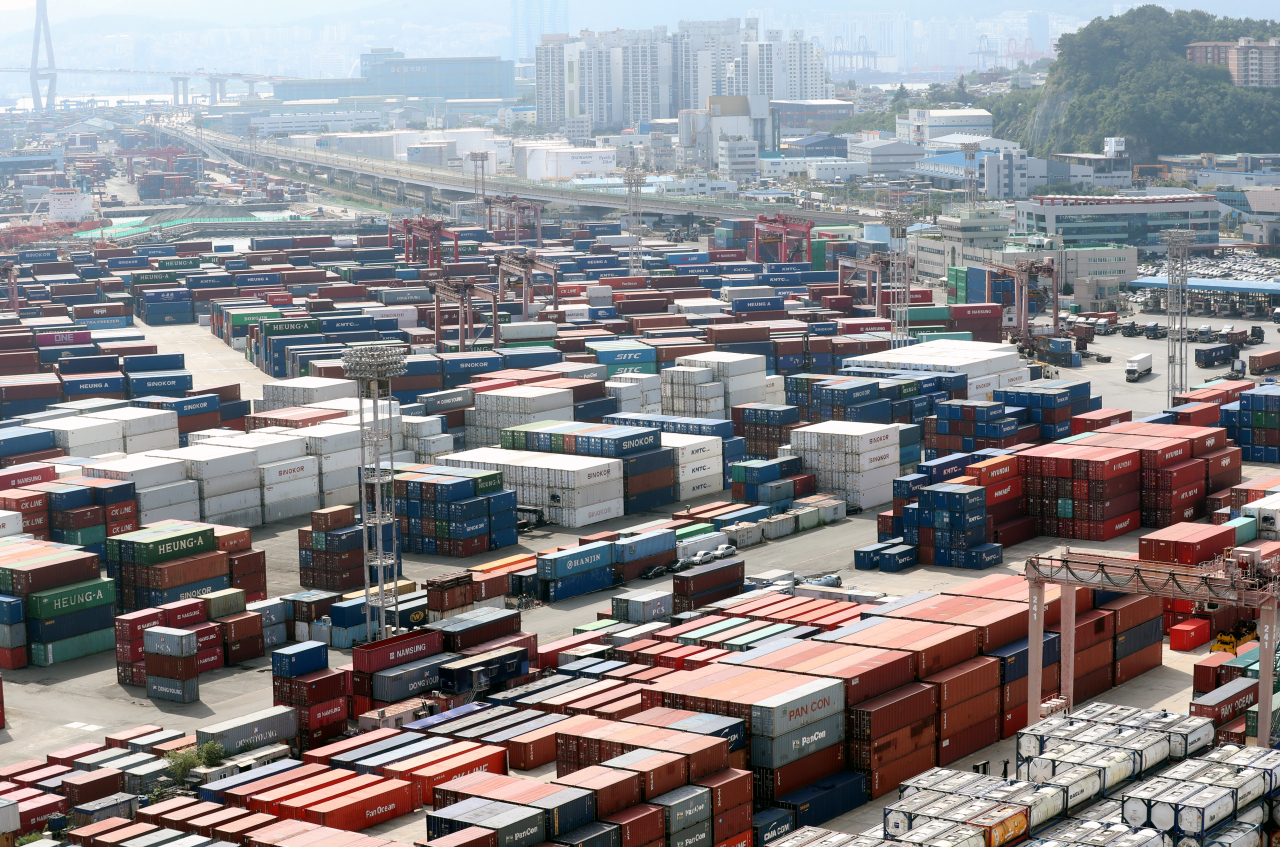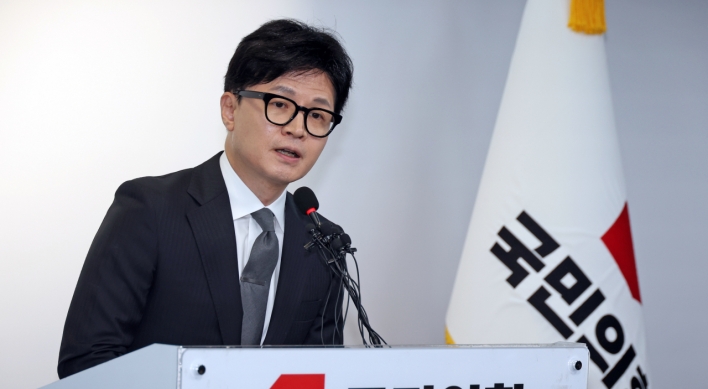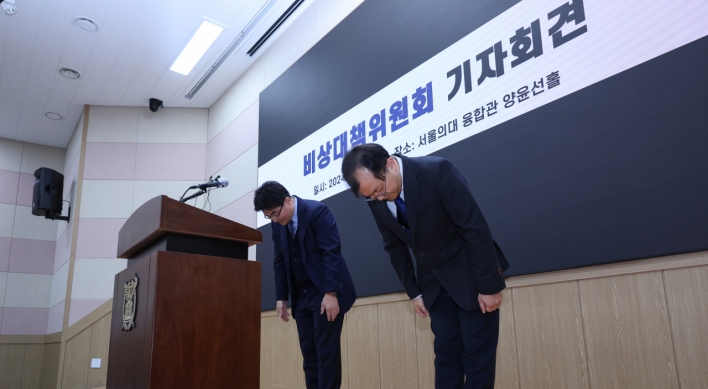Fiscal chief says new COVID-19 wave will ‘inevitably’ dent economy
By Park Han-naPublished : Aug. 12, 2021 - 16:27

After showing modest signs of recovery, South Korea’s economy is going to face pressure from the ongoing fourth wave of COVID-19 starting from this month, the country’s top economic policymaker said Thursday.
“As the ripple effect of the fourth wave of the pandemic seems to be inevitable to some extent from August, it is necessary to stay alert to minimize the shock and to maintain the recovery trend,” Finance Minister Hong Nam-ki said during an economic meeting at the government complex in Seoul.
Latest economic indicators, data mostly collected in July, showed that the economy has managed to keep the recovery trend alive with exports and credit card spending moving upward.
But the country is at critical juncture in its COVID-19 fight once again with daily infections hitting new record highs as the highly transmissible delta variant runs rampant.
A government decision to put half the country’s population under a semi-lockdown for a month inevitably put its own goal of attaining an economic growth of over 4 percent this year under threat.
For the export-reliant economy to maintain production and export activities, the government set out measures to support logistics firms and companies struggling with soaring raw material prices.
Freight rates began to ascend in the second quarter, in particular, on routes to the US and Europe due to increased cargo volumes buoyed by economic stimulus measures in major economies and a shortage of fleets due to a pandemic-induced port congestion.
In the second half of this year, the frequency of flagship carriers’ cargo flights to the Americas will be increased to 3,300 from 3,196 in the first six months of 2021.
For marine cargo transportation, the government will arrange to dispatch 13 temporary shipping services, the largest monthly figure, on the routes to the Americas and Southeast Asia during this month. Since August last year, the government mobilized a total of 49 cargo shipping services from national flag carriers over the past one year to deal with a dearth of container vessels.
For shipping companies with increased container volume, an incentive of 20,000 won ($17.26) per container will be granted.
To ease raw material supply risks on the manufacturing industry, nonferrous metals will be sold at a discount of up to 2 percent. The ministry will also set up a loan program worth 100 billion won for raw material purchases for small and mid-sized enterprises.
As small merchants and those self-employed expect to face further financial difficulties due to the toughest social distancing measures in place in the greater Seoul area since mid-July, the government will seek to provide more than 90 percent of its planned relief funds to the recipients by the end of September.
The country created an extra budget of 34.9 trillion won to provide another round of emergency relief funds for smaller merchants and people in the bottom 88 percent income bracket hit hard by COVID-19.


![[Exclusive] Korean military set to ban iPhones over 'security' concerns](http://res.heraldm.com/phpwas/restmb_idxmake.php?idx=644&simg=/content/image/2024/04/23/20240423050599_0.jpg&u=20240423183955)
![[AtoZ into Korean mind] Humor in Korea: Navigating the line between what's funny and not](http://res.heraldm.com/phpwas/restmb_idxmake.php?idx=644&simg=/content/image/2024/04/22/20240422050642_0.jpg&u=)

![[Graphic News] 77% of young Koreans still financially dependent](http://res.heraldm.com/phpwas/restmb_idxmake.php?idx=644&simg=/content/image/2024/04/22/20240422050762_0.gif&u=)




![[Pressure points] Leggings in public: Fashion statement or social faux pas?](http://res.heraldm.com/phpwas/restmb_idxmake.php?idx=644&simg=/content/image/2024/04/23/20240423050669_0.jpg&u=)








